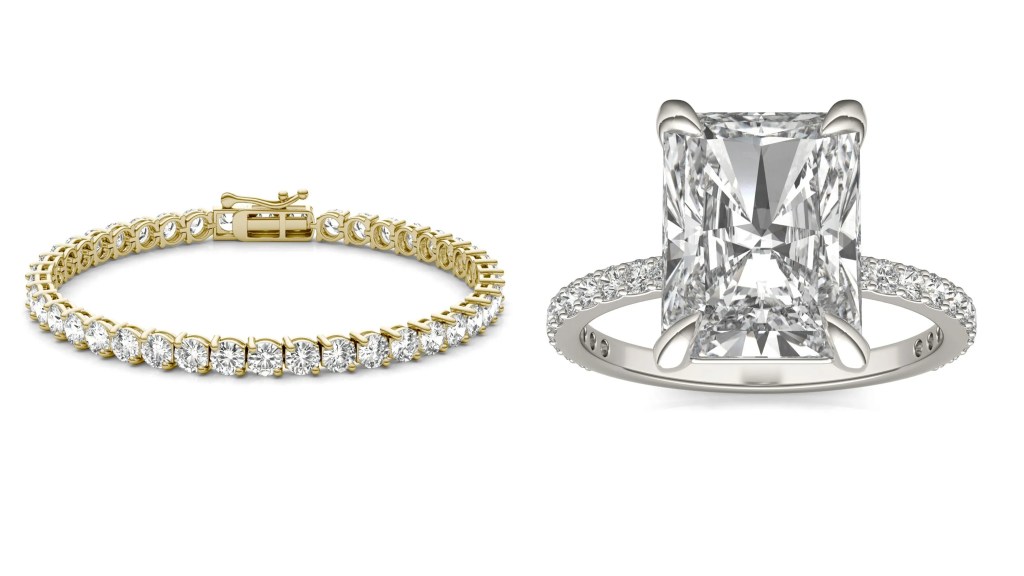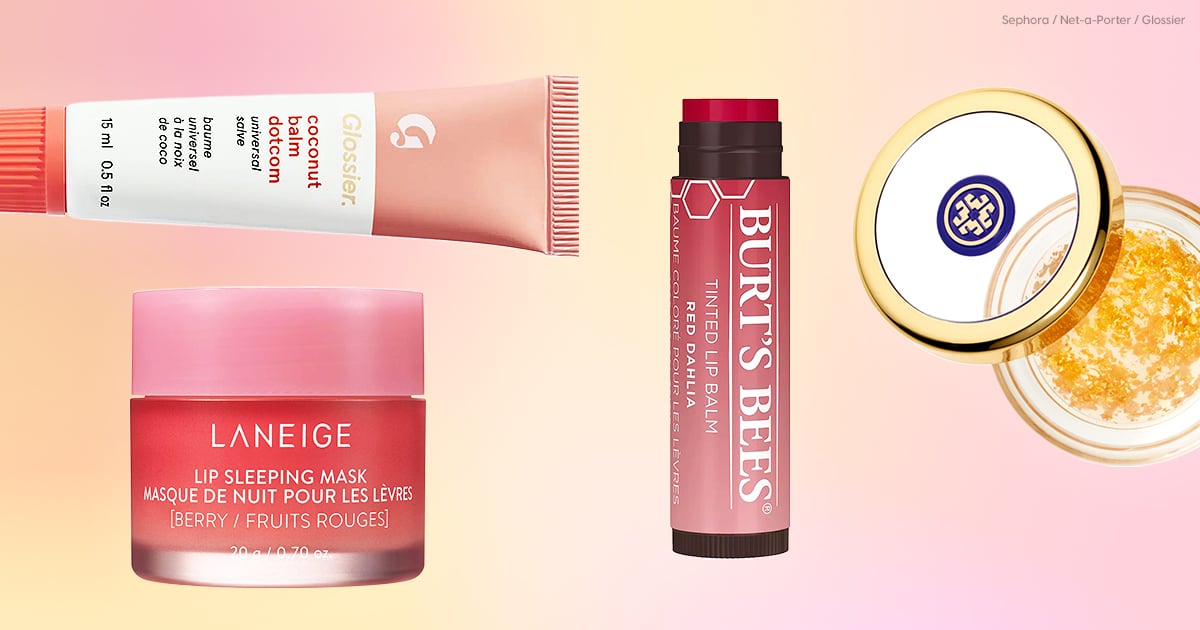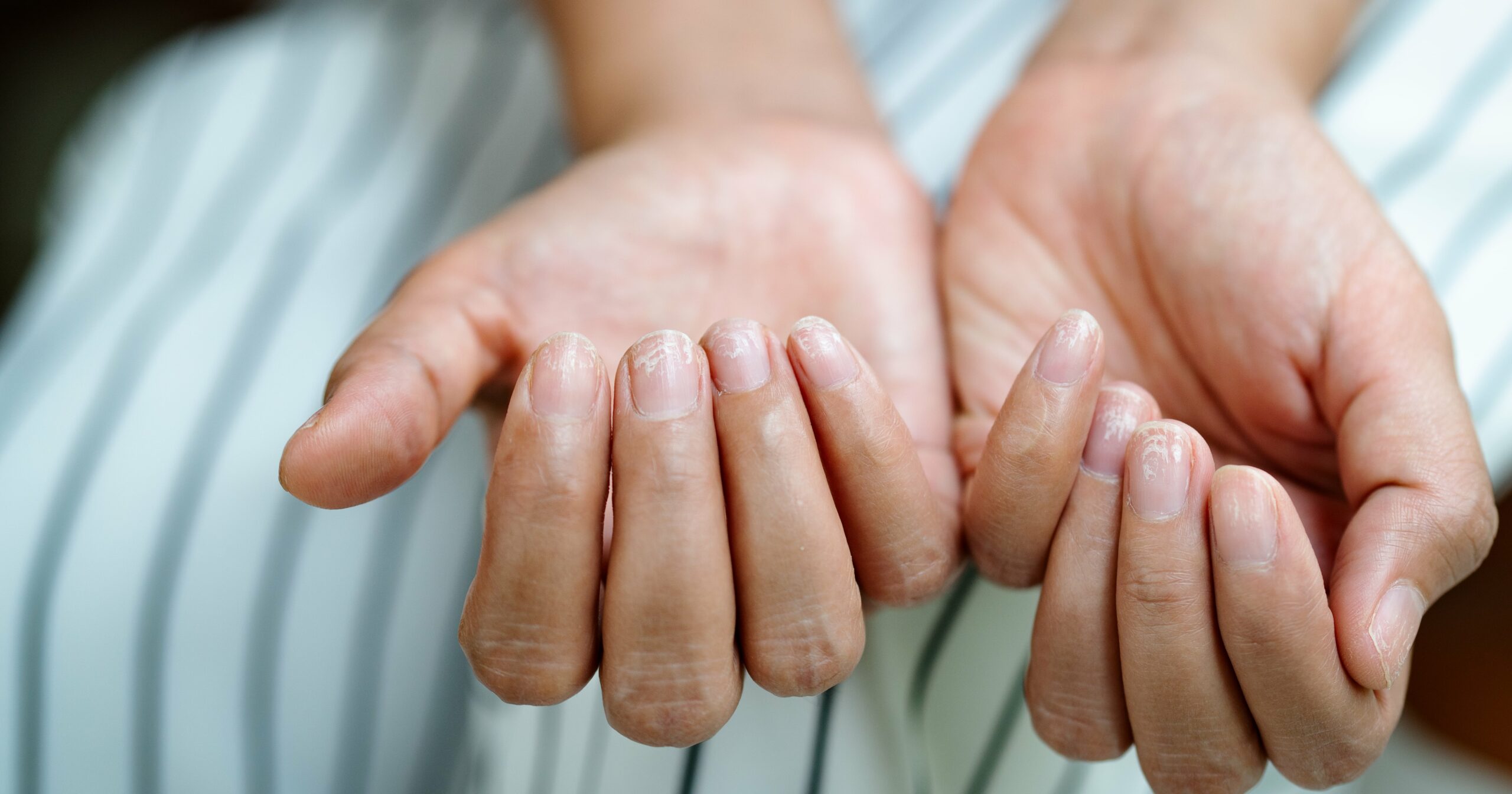Charles & Colvard, in a decisive geared toward turning the tide of its business, has launched a business-to-business digital portal for selling loose gems to independent jewelers.
The fine jewelry firm, which specializes in moissanite, lab-grown diamonds and other gems, has shifted its wholesale business model away from distributors through the formation of the charlesandcolvarddirect.com trade portal, launched last week.
“For almost three decades, we only used individual distributors who sold to independent retailers. That was really the primary focus of our wholesale business. We were beholden to these distributors to tell our story, promote our brand and build our brand. So given the current environment in the world and us trying to control our own destiny, we’re now going to push aside these distributors and go direct to the independents,” Don O’Connell, president and chief executive officer of Charles & Colvard Ltd., told WWD in an interview.
“The portal is a significant shift for us and a catalyst for growth,” O’Connell said. “It allows these independents now to get the distributor price.…We use the term ‘cutting out the middleman.’ Number-one, we built out the portal to pass the savings on to the independent retailers, artisans and jewelers. Number-two, with the portal, we can control the pricing.
“To go direct is really important,” O’Connell emphasized. “We spent a huge amount of time and energy building out this web portal to make it really efficient for jewelers to experience our brand. This was nearly a year in the making.”

The portal enables retailers and jewelers approved by Charles & Colvard to browse and purchase Charles & Colvard’s gems including its Forever One premium moissanite brand of gems, and Forever Bright, which targets price-conscious consumers and is a rebranding of the former Moissanite by Charles & Colvard brand. According to O’Connell, magnifying the Forever Bright gems may reveal “slight” cut, clarity or polish imperfections, but the brand competes in price with foreign-developed moissanite, such as from China, and has higher quality standards. “Look to us to come up with a meaningful way to certify to consumers that Charles & Colvard adheres to the quality and standards of moissanite it’s recognized for,” he said.
In other Charles & Colvard news, two key partnerships were formed, with Fred Meyer Jewelers, and the Army & Air Force Exchange Service.
Fred Meyer Jewelers, a national chain owned by the Fred Meyer hypermarket, which is a subsidiary of Kroger, is selling the Forever Bright moissanite, offering over 80 styles of pendants, earrings, and rings in 14-karat recycled gold, including bridal, fashion, and everyday pieces.
The Army & Air Force Exchange Service (also known as The Exchange) is a large retailer and part of the U.S. Department of Defense. It’s offering the Forever Bright Moissanite on shopmyexchange.com, including 172 styles of pendants, earrings and rings, set with “responsibly sourced” precious metals, according to the company. The Exchange provides tax-free merchandise for military personnel and their families, and operates more than 5,100 facilities in more than 30 countries.
Finished jewelry styles featuring Charles & Colvard gems can be purchased by consumers on charlesandcolvard.com or at Macy’s, Kohl’s, Belk, The Bay, Amazon, eBay, Walmart and Helzberg Diamonds. Charles & Colvard has drop shipping arrangements with these retailers.
On Tuesday, Charles & Colvard named actress Skyler Samuels as brand ambassador. According to the announcement, “Samuels will be the new face of the company’s mission to create conflict-free, beautiful, and ethical fine jewelry,” starting with the upcoming Mother’s Day promotion. Samuels is best known for her roles in television series such as “Wizards of Waverly Place,” Marvel’s “The Gifted,” “Scream Queens,” “American Horror Story” and the Aurora mystery movies.
For the quarter ended Dec. 31, 2023, Charles & Colvard reported net sales of $7.9 million, a decrease of 24 percent from $10.4 million in the year-ago quarter. Gross profit was $2.9 million, or a gross margin of 36 percent for the quarter, compared to gross profit of $4.3 million, or gross margin of 41 percent in the year-ago quarter. The net loss was $2.9 million, or 9 cents per diluted share, compared to a net loss of $1 million, or 3 cents per share in the year-ago quarter. The company is debt-free, had $11.1 million in total cash at the end of the quarter and decreased inventory to $25.8 million. Charles & Colvard is listed on the Nasdaq Exchange, based in North Carolina’s Research Triangle Park region, and was founded in 1995 when it pioneered lab-grown gems, in particular moissanite, which is formed from silicon carbide. All of the company’s gemstones are mounted in fine jewelry. “It’s all in 14 or 18 karat gold or platinum. We only deal in recycled precious metals,” said O’Connell.
“The moissanite business, direct-to-consumer, is still strong and it’s growing through additional partners that we have,” O’Connell said. “But with the lab-grown diamond pricing dropping so drastic — more than 85 percent in the last year — it quickly put downward pressure on moissanite. It’s getting closer to moissanite pricing. It’s also put downward pressure on our wholesale traditional business segment.” The new business-to-business portal, O’Connell said, “is our answer to that, to stabilize that (situation) and get the pricing out to the independents in a meaningful way that’s going to allow us to be more competitive against the lab grown diamond (price) drop.” Charles & Colvard had been working with under 10 distributors, O’Connell said.
“Our lab-grown diamond business also remains strong. But the problem is, the price has dropped so much. There’s very little margin there.” Retailers, he said, are questioning whether they should continue with the lab-grown diamonds “just because there’s very little margin and a lot of competition. Or do they look to moissanite where they can create (greater) margins.” Both moissanite and diamonds are graded by the four “Cs” — color, clarity, carats and cut, though moissanite is a bit softer than diamonds.
“The business environment right now in the jewelry space is facing a lot of different obstacles,” O’Connell said. Aside from the pressure from the downward pricing of lab-grown diamonds, and the pricing, Millennials are taking longer to decide whether they’re going to get married or engaged, O’Connell said.
“Then you have gold prices right now at north of $2,340 an ounce,” he added. “That’s a very big thing that the market is grappling with and trying to understand. Gold over the last several months went from $1,700 an ounce to $2,300 plus, an ounce. Consumers are going to have to pay for that.”
Asked what’s trending, O’Connell replied, “We definitely saw a slower bridal and anniversary business, and we’ve shifted more into fashion jewelry — designs and beautiful pieces of jewelry that the consumer wants to wear every day. That’s really been a big thing for us.”


